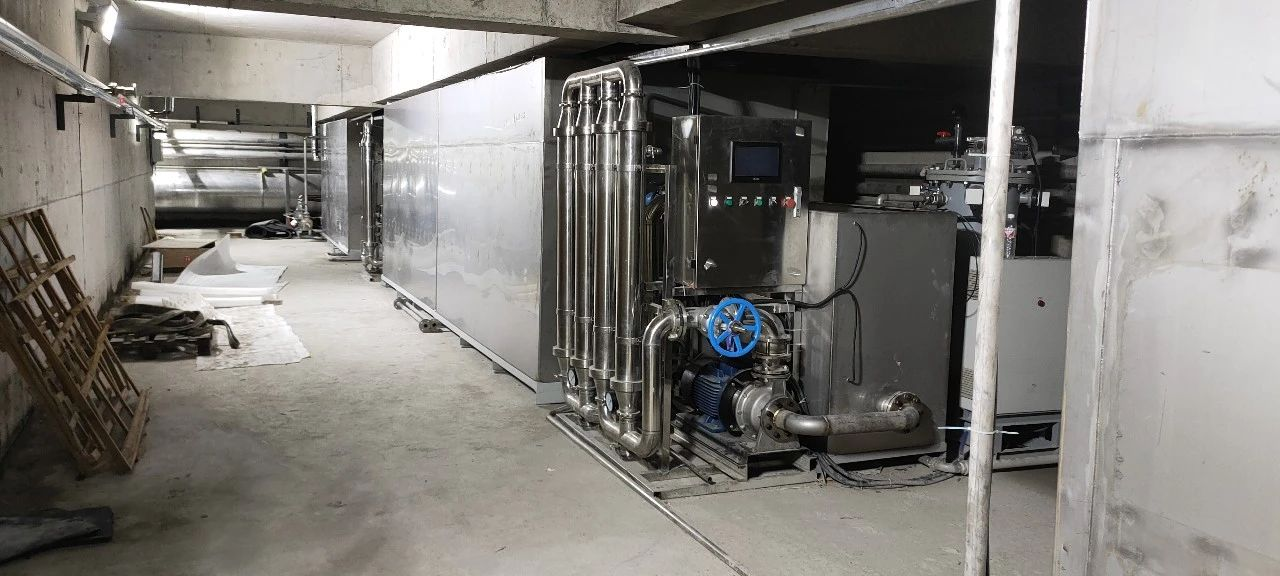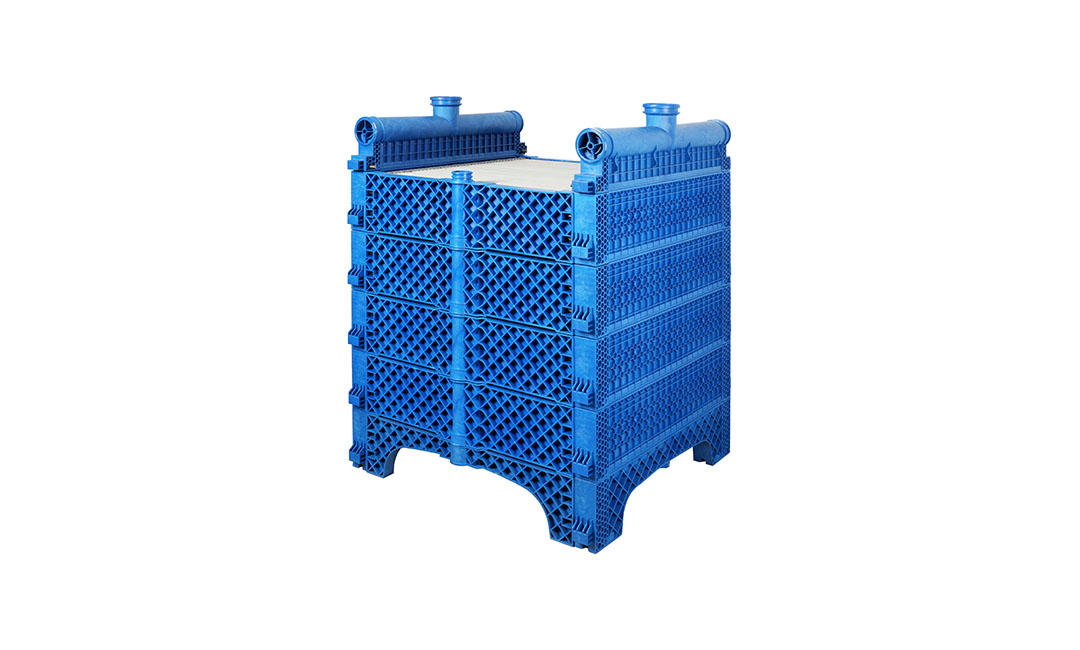Applications of SiC Ceramic Filtration Modules in Water Treatment
Silicon carbide (SiC) ceramic filtration modules have emerged as a pivotal technology in the realm of water treatment, offering a range of applications that address the growing demand for efficient and sustainable water purification solutions. As industries grapple with the challenges of water scarcity and contamination, the adoption of SiC ceramic filtration systems has gained momentum due to their superior performance characteristics and environmental benefits. These modules are particularly effective in removing suspended solids, bacteria, and other contaminants from water, making them invaluable in various sectors.
One of the primary applications of SiC ceramic filtration modules is in municipal water treatment facilities. These systems are designed to enhance the quality of drinking water by effectively filtering out impurities. The unique properties of SiC, including its high thermal stability and chemical resistance, allow for the treatment of a wide range of water sources, including surface water, groundwater, and even wastewater. As a result, municipalities can ensure that their water supply meets stringent health and safety standards, thereby protecting public health.
In addition to municipal applications, SiC ceramic filtration modules are increasingly utilized in industrial water treatment processes. Industries such as food and beverage, pharmaceuticals, and electronics require high-purity water for their operations. The ability of SiC filters to remove fine particles and microorganisms makes them an ideal choice for these sectors. For instance, in the food and beverage industry, maintaining water quality is crucial for product safety and compliance with regulatory standards. SiC filtration systems can effectively eliminate contaminants, ensuring that the water used in production processes is of the highest quality.

Moreover, the use of SiC ceramic filtration modules extends to the treatment of industrial wastewater. Many industries generate wastewater that contains harmful pollutants, which can pose significant environmental risks if not properly managed. SiC filters can be integrated into wastewater treatment systems to facilitate the removal of suspended solids and toxic substances, thereby enabling industries to comply with environmental regulations. This not only helps in minimizing the ecological footprint of industrial operations but also promotes the recycling and reuse of water, contributing to sustainable practices.
Another noteworthy application of SiC ceramic filtration modules is in the field of desalination. As freshwater resources become increasingly scarce, the need for effective desalination technologies has intensified. SiC filters can play a crucial role in the pre-treatment stage of desalination processes by removing larger particles and organic matter from seawater. This pre-treatment is essential for enhancing the efficiency and longevity of reverse osmosis membranes, which are commonly used in desalination. By improving the overall performance of desalination systems, SiC ceramic filtration modules contribute to the availability of potable water in arid regions.
Furthermore, the versatility of SiC ceramic filtration modules allows for their use in various other applications, including aquaculture and swimming pool filtration. In aquaculture, maintaining water quality is vital for the health of aquatic organisms, and SiC filters can help achieve optimal conditions by removing harmful substances. Similarly, in swimming pools, these filtration systems can ensure crystal-clear water by effectively eliminating debris and microorganisms.
In conclusion, the applications of SiC ceramic filtration modules in water treatment are diverse and impactful. From municipal water supply to industrial processes and desalination, these advanced filtration systems offer a reliable solution for addressing water quality challenges. As industries continue to prioritize sustainability and efficiency, the role of SiC ceramic filtration modules is likely to expand, paving the way for innovative approaches to water treatment in the future.
Advantages of SiC Ceramic Filtration Modules in Industrial Processes
Silicon carbide (SiC) ceramic filtration modules have emerged as a pivotal technology in various industrial processes, offering a multitude of advantages that enhance efficiency, sustainability, and operational reliability. One of the most significant benefits of SiC ceramic filtration is its exceptional thermal stability. Unlike traditional filtration materials, SiC can withstand extreme temperatures, making it particularly suitable for high-temperature applications such as gasification and waste incineration. This thermal resilience not only extends the lifespan of the filtration modules but also reduces the frequency of maintenance and replacement, ultimately leading to cost savings for industries.
In addition to thermal stability, SiC ceramic filtration modules exhibit remarkable chemical resistance. They can effectively filter a wide range of corrosive substances, including acids and alkalis, without degrading or losing their structural integrity. This characteristic is particularly advantageous in industries such as petrochemicals and pharmaceuticals, where the presence of aggressive chemicals is commonplace. By utilizing SiC filtration, companies can ensure the integrity of their processes while minimizing the risk of contamination, thereby enhancing product quality and safety.
Moreover, the high mechanical strength of SiC ceramics contributes significantly to their performance in industrial applications. These modules can withstand high pressures and mechanical stresses, making them ideal for use in demanding environments. This robustness not only ensures reliable operation but also allows for the design of more compact filtration systems, which can save valuable space in industrial facilities. As industries strive for greater efficiency and reduced operational footprints, the compact nature of SiC filtration modules becomes an attractive feature.
Another noteworthy advantage of SiC ceramic filtration is its ability to achieve high filtration efficiency. The porous structure of SiC materials allows for the effective removal of fine particles and contaminants from liquids and gases. This high level of filtration performance is crucial in industries such as food and beverage, where product purity is paramount. By employing SiC filtration modules, companies can meet stringent regulatory standards while also enhancing the overall quality of their products.
Furthermore, the environmental benefits of SiC ceramic filtration modules cannot be overlooked. As industries increasingly focus on sustainability, the use of SiC technology aligns with these goals by reducing waste and energy consumption. The durability and longevity of SiC modules mean that fewer resources are required for production and replacement, leading to a lower environmental impact. Additionally, the efficient removal of pollutants from industrial effluents contributes to cleaner water and air, supporting broader environmental initiatives.
Transitioning from the operational advantages, it is essential to consider the economic implications of adopting SiC ceramic filtration modules. While the initial investment may be higher compared to traditional filtration systems, the long-term savings associated with reduced maintenance, lower energy consumption, and enhanced product quality often justify the expenditure. Industries that prioritize efficiency and sustainability will find that the return on investment from SiC filtration technology can be substantial.
In conclusion, the advantages of SiC ceramic filtration modules in industrial processes are manifold, encompassing thermal stability, chemical resistance, mechanical strength, high filtration efficiency, and environmental sustainability. As industries continue to evolve and face new challenges, the adoption of advanced filtration technologies like SiC ceramics will play a crucial role in driving innovation and improving operational performance. By embracing these benefits, companies can not only enhance their productivity but also contribute to a more sustainable industrial landscape.
Future Trends in SiC Ceramic Filtration Technology for Manufacturing
As industries continue to evolve, the demand for efficient and sustainable filtration solutions has become increasingly critical. Silicon carbide (SiC) ceramic filtration modules have emerged as a pivotal technology in this landscape, offering numerous advantages over traditional filtration methods. Looking ahead, several trends are poised to shape the future of SiC ceramic filtration technology in manufacturing, driving innovation and enhancing operational efficiency.
One of the most significant trends is the growing emphasis on sustainability and environmental responsibility. As manufacturers face increasing pressure to reduce their carbon footprints and minimize waste, SiC ceramic filtration modules present an attractive solution. These modules are not only highly durable and resistant to chemical corrosion but also capable of operating at elevated temperatures, which allows for the effective treatment of a wide range of industrial effluents. Consequently, industries are likely to adopt SiC filtration systems to comply with stringent environmental regulations while simultaneously improving their overall sustainability profiles.
In addition to sustainability, the integration of advanced materials and nanotechnology is expected to play a crucial role in the future development of SiC ceramic filtration modules. Researchers are exploring the incorporation of nanostructured materials to enhance the filtration performance and efficiency of SiC modules. By manipulating the microstructure of SiC ceramics, it is possible to achieve finer pore sizes and improved surface properties, which can lead to higher filtration rates and better removal efficiencies for various contaminants. This trend towards innovation in material science will likely result in the creation of next-generation SiC filtration systems that are even more effective in addressing the complex challenges faced by modern manufacturing processes.
Moreover, the increasing adoption of automation and smart technologies in manufacturing is set to influence the evolution of SiC ceramic filtration technology. The integration of sensors and data analytics into filtration systems can provide real-time monitoring and control, allowing manufacturers to optimize their filtration processes dynamically. This shift towards smart filtration solutions not only enhances operational efficiency but also enables predictive maintenance, reducing downtime and operational costs. As industries continue to embrace the Internet of Things (IoT) and Industry 4.0 principles, the synergy between SiC ceramic filtration modules and smart technologies will likely become a defining characteristic of future manufacturing environments.
Furthermore, the expansion of applications for SiC ceramic filtration modules is anticipated to drive their adoption across various sectors. While these modules have traditionally been utilized in industries such as petrochemicals and wastewater treatment, their unique properties make them suitable for a broader range of applications, including food and beverage processing, pharmaceuticals, and even energy production. As manufacturers seek to improve product quality and ensure compliance with health and safety standards, the versatility of SiC filtration technology will become increasingly valuable.

In conclusion, the future of SiC ceramic filtration technology in manufacturing is poised for significant advancements driven by sustainability, material innovation, automation, and expanded applications. As industries navigate the complexities of modern production demands, the adoption of SiC ceramic filtration modules will likely play a crucial role in enhancing efficiency, reducing environmental impact, and ensuring compliance with regulatory standards. By embracing these trends, manufacturers can position themselves at the forefront of technological innovation, ultimately leading to improved operational performance and a more sustainable future.

